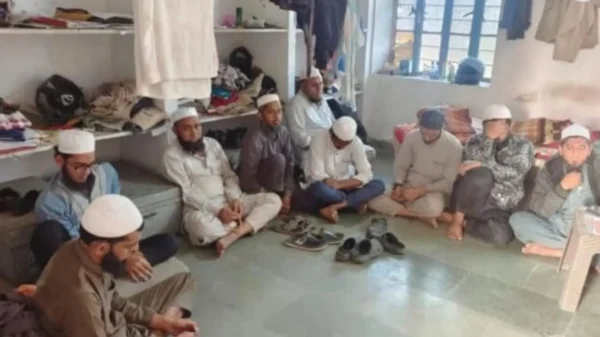The government has listed 15 bills for the winter session of Parliament, which starts on Monday, November 25, 2024. Among these, the Waqf (Amendment) Bill 2024 is a major one, and it is expected to spark debate. The bill will be considered after a joint committee of both Houses submits its report by the end of the first week of the session.
The Waqf Amendment Bill has faced several objections from various groups. Some argue that the bill could give the central government too much control over Waqf properties, which are traditionally managed by state authorities. Critics fear that this could lead to political interference and mismanagement of properties meant for religious and charitable purposes.
“We are concerned that the amendment might lead to encroachments on Waqf properties and reduce the role of local boards in managing them,” said a representative from a minority community group.
The government is also introducing several new bills during the session. One of them is to set up a cooperative university, aimed at promoting the cooperative sector and education.
Another bill, the Punjab Courts (Amendment) Bill, aims to increase the monetary value for cases that can be heard at Delhi’s district courts. The current limit is ₹3 lakh, and the bill proposes raising it to ₹20 lakh, which could help ease the burden on higher courts.
“This change will allow district courts to handle more complex cases, reducing the pressure on higher courts,” said a legal expert.
The Merchant Shipping Bill is also on the agenda, which aims to ensure India complies with international maritime laws. Along with this, two other bills, the Coastal Shipping Bill and the Indian Ports Bill, are set to be discussed. These bills focus on improving India’s shipping infrastructure and port operations.
The winter session will run until December 20, 2024. The government is expected to convene an all-party meeting on Sunday, November 24, to discuss the agenda for the session and address any concerns ahead of the parliamentary debates.




































































